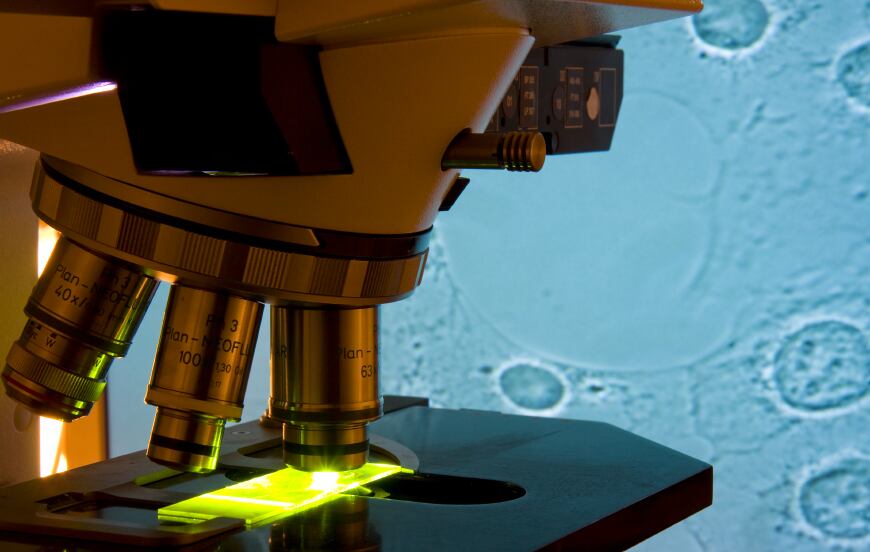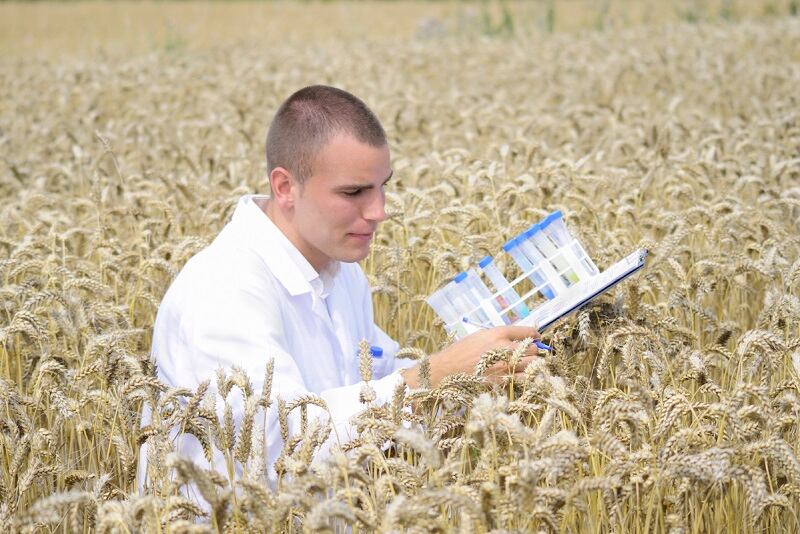European Ombudsman Emily O'Reilly received the complaint from UK NGO GeneWatch that monitored developments within the field of genetic technologies. It was said that a member of an EFSA working group on genetically modified (GM) insects - Michael Bonsall - had not declared that his university employer had invested in UK biotechnology company Oxitec that sought to commercialise GM insects, including mosquitoes and agricultural pests. The company describes itself as a "spin-off" of Bonsall's employer, the University of Oxford.
The complainant argued that five out of 14 of the working group members had such indirect links through their academic employees. The complainant claimed that Bonsall, as well as some others, also worked on research projects where biotech firms were a partner.
Responding to the criticism, EFSA argued that employment by a university had never been considered a conflict of interest for it, with the rationale for choosing a university employee obvious.
“An approach which would involve not using such persons would disqualify precisely those full-time researchers and professors who are the least directly engaged in commercial activities,” it told O'Reilly.
However, in the conclusion of the investigation, the Ombudsman wrote: “EFSA failed to ensure that those experts who work in academia declare all relevant information to EFSA.”
Adding: “EFSA should revise its conflict of interest rules, and the related instructions and forms it uses for declarations of interests.”
EFSA told us it was assessing the findings and would respond to the investigation by 31 July 2015 as requested.
A spokesperson for the independent scientific body, said: “EFSA places the utmost value in ensuring impartiality in its science. To this end EFSA has invested significantly in recent years in improving the system it has in place for managing the interests of its scientific experts.”

The NGO also accused EFSA of failing to take into account the possibility of accidental human ingestion of GM animals in its risk assessment, although the investigation concluded EFSA had adequately justified its decision to omit this in its 2012 draft opinion.
Too much information?
EFSA argued that under the complainant's reasoning regarding research partners, its experts would have to not only declare their own outside activities on declarations forms, but also activities carried out by partners in projects they had worked on.
On the second point, the NGO claimed the University of Oxford owned a 12.5% share in the biotech firm. The Ombudsman said this interest was not insignificant, adding: “It would thus appear that the University of Oxford stands to gain considerably if the company is successful.”
The investigation noted that it was increasingly common for universities to work closely with companies to carry out research and to commercialise those results, and that the traditional view that academia automatically equalled ‘independent’ must evolve to reflect these “developing deeper relationships” between academia and industry.
“The view that academia, academic institutions and individual academics are independent of business must be based not on any preconceived assumptions, but rather on an examination of the specific relevant facts.”
Responding to the question "You are a company, why should we trust you?" in its FAQ section, Oxitec writes: "We were founded as a spin-out from the University of Oxford, one of the world’s leading universities, and we’ve since worked in partnership with many renowned public and charitable institutions which share our commitment to improving global health, such as the Wellcome Trust, the Gates Foundation, and the World Economic Forum."
O'Reilly said EFSA should have requested that the expert provided details of the relationship between the university and the biotechnology company, as well as the mechanisms the school had in place to ensure independence was not compromised.

Responding to the report, a spokesperson for the University of Oxford told us the main issue appeared to be a procedural one for EFSA, adding: “University holdings have no influence over how academics carry out their research or teaching, what conclusions they reach, the content or topics of talks they give, or the opinions they give in their expert capacity.”
Good try, more needed
This is not the first time EFSA has been criticised by an EU Ombudsman for its conduct around GM risk assessment. In 2013 a German NGO said it had not ensured a sufficient buffer period between the departure of Dr Suzy Renckens – former five-year head of the GM crop risk assessment unit – and her appointment as regional manager for biotechnology regulatory affairs at Syngenta two months later.
In recent years EFSA has taken steps to improve transparency, including policy around the declaration of conflicts of interest.
Referring to these changes, EFSA said: “It is worth noting that in her findings about this case the European Ombudsman herself recognises the great efforts that EFSA has put into improving its conflicts of interest rules.”
